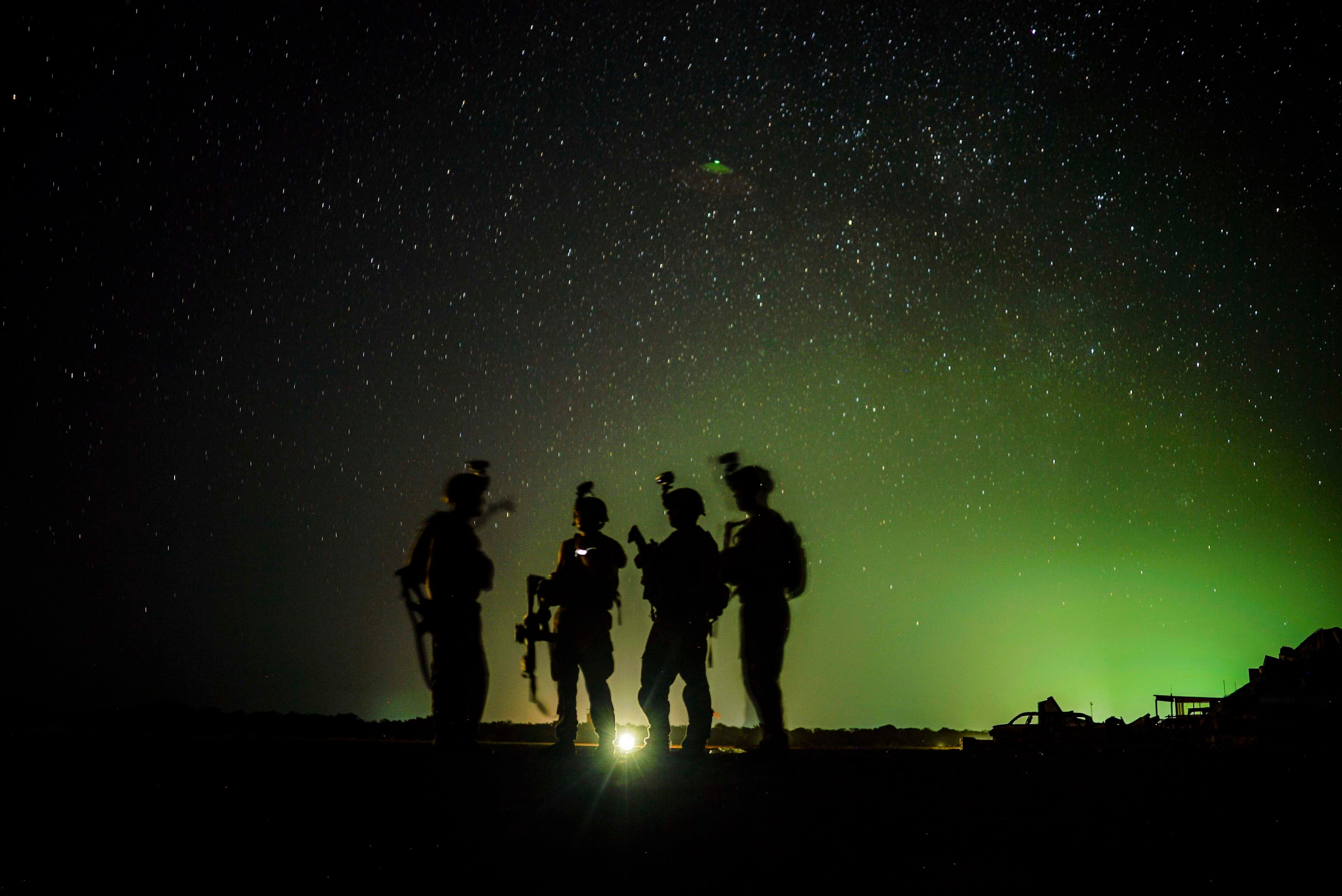With the war in Afghanistan in the rear-view mirror, a pressing threat to Europe from Russia in the foreground and an ongoing competition for influence and military dominance with China, the generals tapped to lead U.S. Special Operations and Africa commands are set to have a lot on their plates.
At their confirmation hearing Thursday, senators were eager to hear about how they plan to counter the ongoing threat of non-state terrorist groups, while balancing the main priorities in the current national defense strategy.
“In general, lately, I’m concerned that in the current world situation, we’re taking our eye off the terrorist threat, and it is certainly extremely serious in in Africa,” Sen. Angus King, I-Maine, told Marine Lt. Gen. Michael Langley, who has been tapped to lead AFRICOM, during a Senate Armed Services Committee hearing.
In addition to local ISIS and al-Qaida affiliates, the continent is home to groups like Boko Haram and Jama’at Nasr al-Islam wal Muslimin, an amalgamation of several predecessor groups that has come together in the Sahel region over the past five years.
“Please share with me your thoughts on that, because it’s so easy in the time of Ukraine, and the China challenge, to sort of move the focus away from terrorism, but these people are still there,” King added. “They’re still hostile to this country and I think they’re still a threat to this country.”
Langley agreed, offering that violent extremist groups are “more of a problem today” in Africa than he previously has seen.
To tamp down on that threat, President Joe Biden in May announced that several hundred U.S. troops would return to Somalia on a rotational basis, as they had been for years until the Trump administration pulled them out in late 2020.
There, predominantly Army special operations teams train alongside Somalian troops and help that country’s military fight back against al-Shabab, al-Qaida’s largest affiliate.
RELATED

Both within and outside of Africa, the presumptive next SOCOM commander said special operations forces are in their element, with 20 years of combat against terrorist groups, mixed with the lessons of the Cold War.
Army Lt. Gen. Bryan Fenton, who currently leads Joint Special Operations Command, told lawmakers. “Special operations forces are really born for where we are right now in this point in history.”
“It has the ability to account, as part of the whole-of-government team and interagency team, for the counterterrorism mission, while addressing the challenge of China and Russia, competing, contesting, campaigning ― in many ways, Senator, we never left.”
The difference maker for AFRICOM, Langley said, would be more intelligence, surveillance and reconnaissance, or ISR, capability, he said.
“ISR is an active deterrent,” Langley said. “ISR is the commander’s sense, to make sense, and it underpins all activities. So Senator, that’s the some of the assets ... that we will need to be able to deter ― deter and keep al-Shabab from metastasizing anymore.”
ISR is also a shortcoming in Afghanistan, where a lack of troops on the ground has made it eminently more difficult to target ISIS in the country, though Defense Department leadership has sworn again and again that the capability still exists.
“That is a challenge and it is harder, but is absolutely doable there,” Fenton said.
Meghann Myers is the Pentagon bureau chief at Military Times. She covers operations, policy, personnel, leadership and other issues affecting service members.





